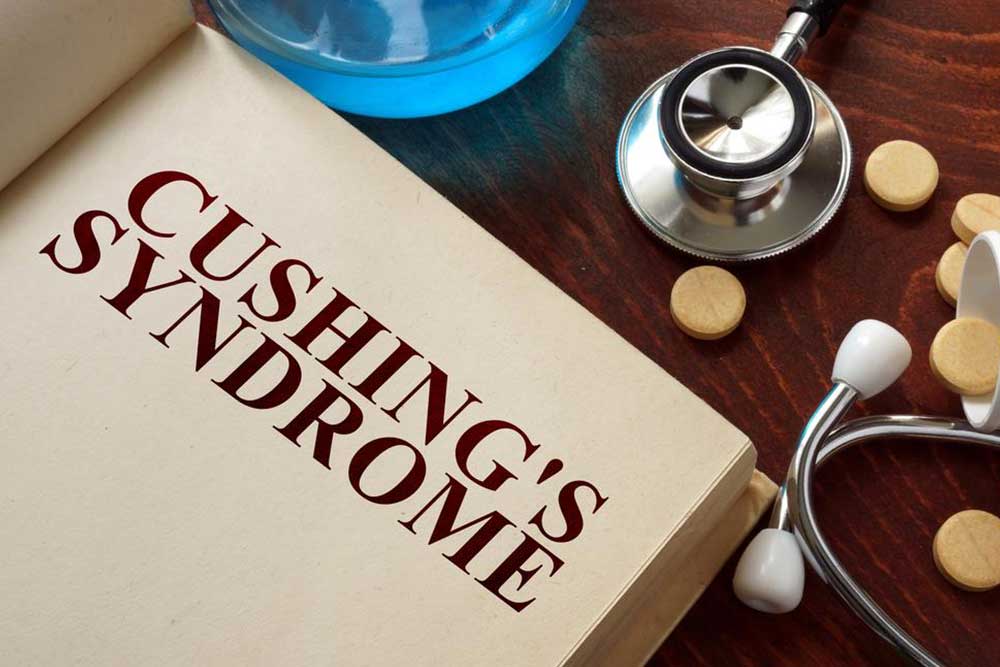Understanding the Causes of Decreased Testosterone Levels
This article explores the various causes of low testosterone in men, including natural aging, genetic factors, injuries, and health conditions like obesity and hormonal disorders. It highlights the importance of medical consultation for symptoms related to low-T and provides insight into primary and secondary hypogonadism causes.

Understanding the Causes of Decreased Testosterone Levels
Testosterone is a vital hormone in men, primarily produced in the testicles, crucial for developing masculine features. It contributes to muscle and bone strength, facial and body hair, and a deep voice. Additionally, testosterone influences libido, mood, erections, and sperm production.
What is low testosterone? This condition, known as hypogonadism or low-T, occurs when the body doesn't produce enough testosterone naturally.
As men age past 30, testosterone levels typically decline by roughly 1% annually. While this is part of normal aging, other factors can also reduce levels. Low-T can be classified as primary or secondary, each with distinct causes.
Common reasons for low testosterone
Primary hypogonadism Originates from issues within the testicles themselves. It can develop over time or be inherited.
Undescended testicles: During development, testicles form inside the abdomen and should settle into the scrotum. If they remain undescended, it can impair testosterone production.
Hemochromatosis: Excess iron in the blood may damage the testes or pituitary gland, leading to decreased testosterone levels.
Klinefelter Syndrome: A genetic condition where extra X chromosomes cause testicular deformities, resulting in low testosterone.
Injuries: Testicular trauma can impair testosterone synthesis, though damage to one testicle might not eliminate production entirely.
Cancer treatments: Chemotherapy or radiation can temporarily or permanently reduce testosterone levels.
Mumps Orchitis: Inflammation caused by mumps can damage testicles, decreasing testosterone output.
Secondary hypogonadism Results from issues outside the testicles, mainly involving the brain's signals.
Obesity: Excess body fat, especially with a BMI over 30, can lower testosterone levels.
Kallmann Syndrome: A hormonal disorder caused by hypothalamic dysfunction affecting hormone release.
HIV/AIDS: These infections can interfere with brain control of testosterone production.
Pituitary disorders: Tumors or damage to the pituitary gland impair hormone signaling.
Inflammatory diseases: Conditions like tuberculosis and sarcoidosis can affect hormone regulation pathways.
Illness and stress: Physical or emotional illnesses can disrupt hormonal signals, reducing testosterone levels.
It's important to seek medical advice if you notice symptoms of low testosterone.









